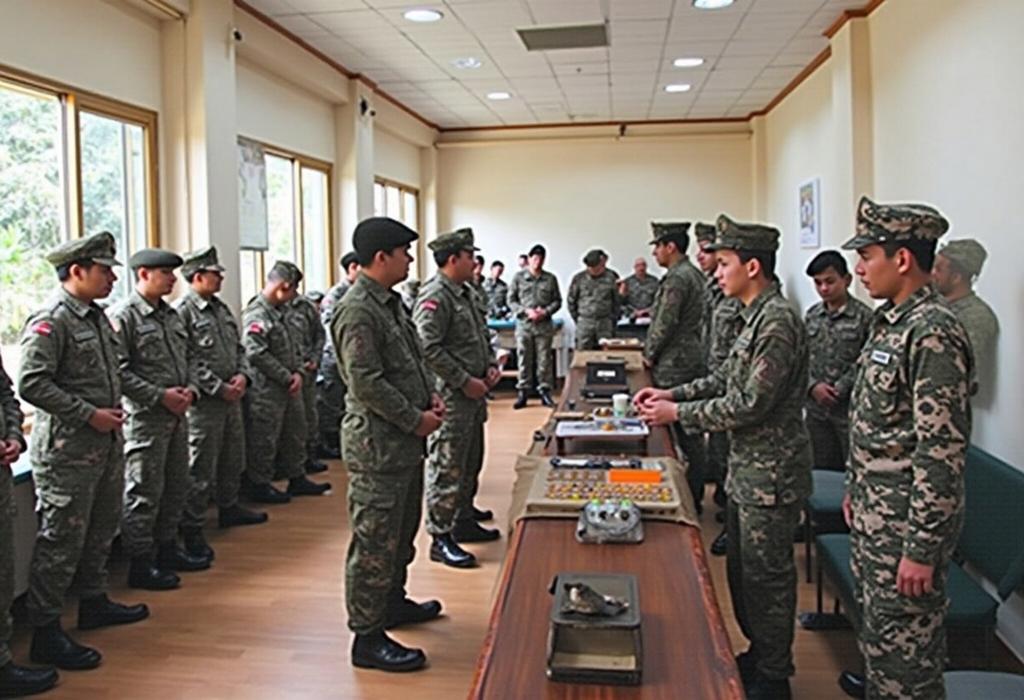In recent developments, Foreign Minister Penny Wong and Defence Minister Richard Marles have addressed reports alleging that Russia has requested to base long-range aircraft in Indonesia. Their comments highlight the gravity of the situation as Australia seeks to clarify these alarming claims. Wong reassured the public that the government is actively pursuing verification of the authenticity of these reports, while Marles emphasized Australia’s robust relationship with Indonesia, which he hopes will yield cooperation in resolving these concerns. Meanwhile, Opposition Leader Peter Dutton criticized the government for a lack of foresight, branding the potential Russian military presence as 'deeply destabilising' for the region, particularly given Australia’s geographic proximity to Indonesia. Dutton expressed concern about the implications for Australian diplomatic relations and warned of the need for transparency from the government regarding their awareness and response to these reports.
Additionally, the article layered in issues surrounding domestic policy, especially housing, contrasting Labor's and the Coalition's approaches. Prime Minister Albanese reiterated the differences between the parties, asserting that Labor’s policies would correctly address supply issues, while views from the Coalition suggest a reactive rather than proactive stance.
This interplay between geopolitical and domestic issues reflects the complexity of current Australian politics, where both foreign and home agendas influence public perception and government accountability. The mention of Dutton’s controversial comments about Putin and the recent debates on women’s representation in parliament adds dimensions to the political discourse within the piece. Overall, while the piece addresses critical national security issues, it also intertwines them with the narrative of social justice and representation, raising the stakes for the ruling party to justify its positions on multiple fronts while maintaining its diplomatic posture in the Asia-Pacific region.
AD
AD
AD
AD
Bias Analysis
Bias Score:
45/100
Neutral
Biased
This news has been analyzed from 15 different sources.
Bias Assessment: The article presents viewpoints from both the government and the opposition, however, it leans slightly towards a critical tone regarding the government's handling of the situation. The emphasis on Dutton's criticism and the connection drawn between foreign policy and domestic issues, such as women's representation and housing policy, could suggest an implicit bias against the ruling party, reflecting a more adversarial stance towards their governance.
Key Questions About This Article




